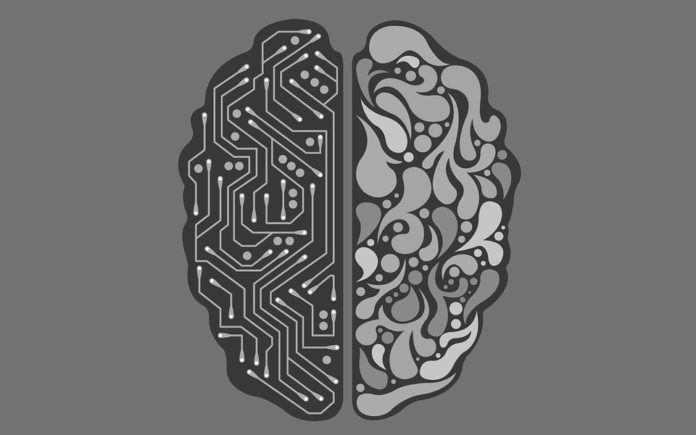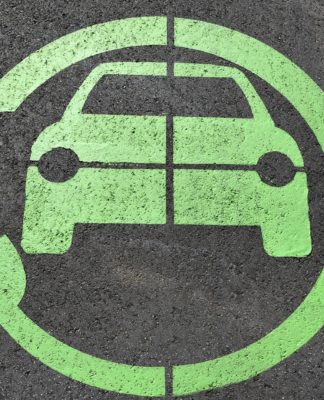
Advances in technology are moving rapidly. Especially innovations in integrated technology where one of my worst, maybe not-so-irrational, fears is slowly coming true. That soon we will have the ability to reenact The Terminator as we gradually transform into cyborgs. Humans and machines are merging. With smartphones, Fitbits, Amazon Echo, and other forms of technology that we have incorporated and woven into our everyday lives, it seems like a distant memory when we operated successfully without these devices. We wake up with these technologies and fall asleep to them. We never leave home without our many devices and if we do forget them there is an overwhelming sense of vulnerability. They are at our side at all times. It then begs the question, when will it be commonplace to take the leap and merge with AI (artificial intelligence) and implant technology into our bodies?
Elon Musk is the poster boy for futuristic thinking and innovative technology. Musk has foreseen and spoken candidly about the merge with technology and its inevitability in order for humans to continue to grow and be relevant in the face of AI. We have seen amazing incorporations of technology with prosthetics, restoring vision to the blind, and now a digital pill that is embedded with an ingestible sensor to record if the medication was taken. We see these medical advancements and don’t question the motives or ethics behind this technology. However, we are moving quickly into an era where the reasons to merge with AI are less out of necessity and more for convenience.
Technology in Wisconsin
Just this past summer, Wisconsin company Three Square Market offered optional implanted chip technology to its employees. Over 50 employees volunteered to be implanted with a rice-size RFID (Radio-Frequency Identification) chip under the skin between their thumb and forefinger. This implanted chip allows employees to participate in a micro market using the chip to make purchases in the break room, to open doors, login to computers, use the copy machine, and more. To put employees at ease the data on the chip is encrypted and does not have GPS technology to track those who participate.
Employees like the 50 who participated in the chip technology and forward thinkers like Elon Musk are what Malcolm Gladwell would call the “Innovators” in his book “The Tipping Point”. In “The Tipping Point” Gladwell delves into how trends and ideas cross a certain threshold and ‘tip’ becoming widespread epidemics. Gladwell describes the Innovators as visionaries. “They want revolutionary change, something that sets them apart qualitatively from their competitors. They are the people who buy brand-new technology, before it’s been perfected or proved or before the price has come down. They are willing to take enormous risks.” Gladwell also identifies two other types as the “Early Majority” and the “Late Majority”. These groups tread more carefully and will only take very calculated risks waiting to see that a certain technology or trend works well before they waste their time or money.
AI integrated technology is here and the Innovators have already enthusiastically jumped on board. The question now is when will the merge with technology tip, flowing into the mainstream where the Early and Late Majority follow suit? In today’s world if you don’t have a smartphone you’re operating at a severe disadvantage. It’s not so unthinkable that perhaps sooner than we think there will come a time when we’ll be left behind and disconnected if we don’t merge with machines.
Read this next: Big tech’s big role in (actual) fake news under fire
















